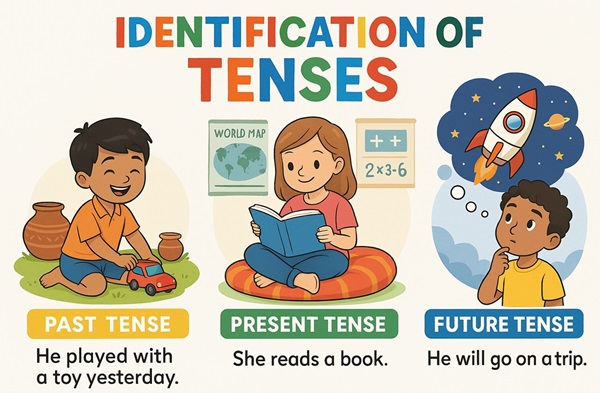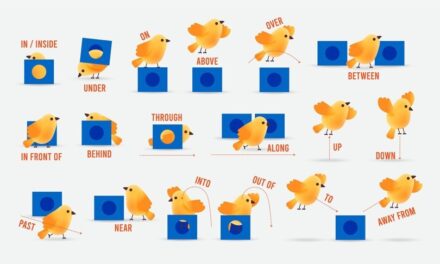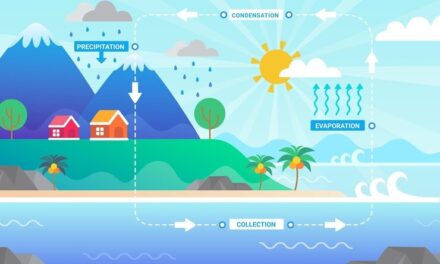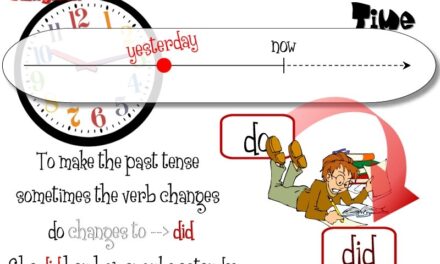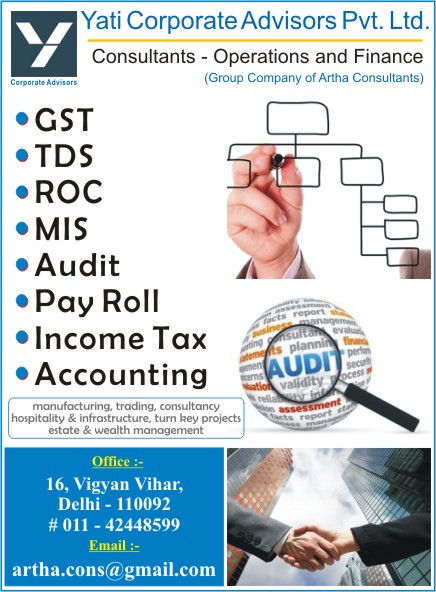Today we’re going to explore how we talk about actions that happen at different times. We use tenses to show when something happens – whether it’s happening now, happened in the past, or will happen in the future.
Simple Present Tense
– We use this tense to talk about things that:
– Happen regularly (I play tennis every Sunday)
– Are always true (The sun rises in the east)
– Are habits (She brushes her teeth twice daily)
Simple Past Tense
– We use this tense to talk about things that:
– Already happened (I played tennis yesterday)
– Are completely finished (The sun rose at 6 AM)
– Were true before (She lived in Paris last year)
Simple Future Tense
– We use this tense to talk about things that:
– Will happen later (I will play tennis tomorrow)
– Are planned for the future (The party will start at 6 PM)
– Are predictions (It will rain next week)
Remember-
1. Start with simple examples from children’s daily lives
- Use different colors to highlight tense markers (e.g., -ed, will)
- Practice with both regular and irregular verbs
- Encourage children to make their own sentences
- Use timeline diagrams to visualize when actions happen
- Review common mistakes and exceptions
- Make learning interactive with role-play exercises

